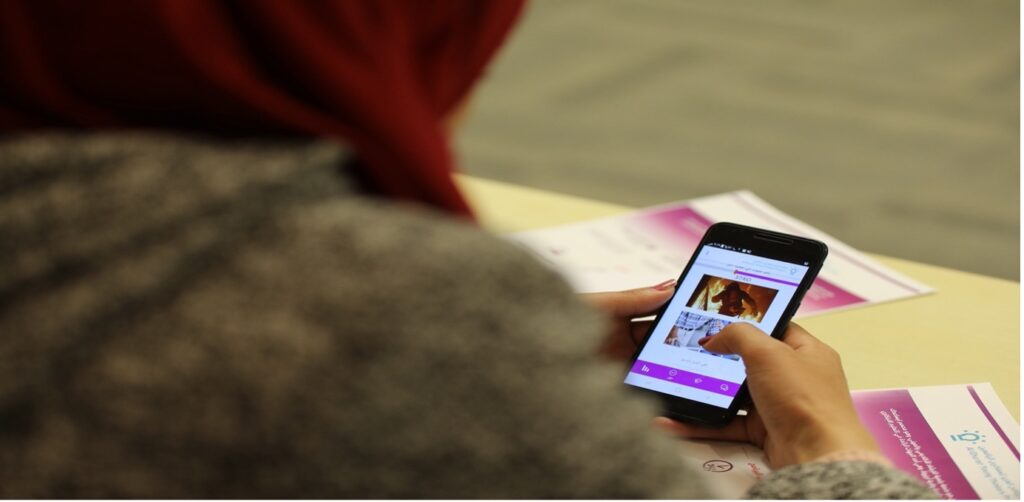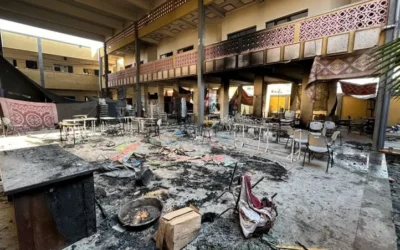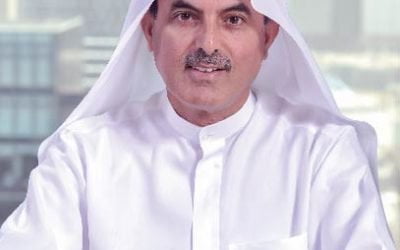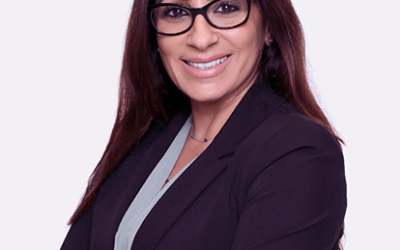Better together – finding our way through the crisis
AGFE CEO Dr. Sonia Ben Jaafar comments on how to manage the transition to online learning in the UAE as a result of the Covid-19 crisis.
This morning, we all woke up to a reality where over 1.2 billion learners were affected by 124 country-wide closures of educational institutions. Governments are attempting to contain the Covid-19 pandemic, and over half the world’s student population are affected (UNESCO). We are all in this together. Government officials, educators, parents, corporates, and multilateral agencies are scrambling to normalize online learning for all.
In the UAE, today was the first official day of “distance learning” for over one million K-12 students across the nation. Public schools have launched the home-teaching programme led by the Ministry of Education, and private school operators are providing a distance learning approach for all their students. At universities, senior leadership – one of whom had previously informed me that the social learning by-product of campus life for students was too important to invest in online learning – have now all embraced this new learning style.
Although everyone is trying – the reality is – we were not ready for the immediate start of online learning for all. But, as all residents of the UAE know, no outcome set by the UAE leadership is impossible, regardless of timeline.
How do they do it? Expert collaboration and perseverance. The Abdulla Al Ghurair Foundation for Education (AGFE) has been witness to, and already part of, inspiring efforts. With AGFE’s support, over 12,000 high school and university students have been pursuing anything from short soft skills courses as part of our bilingual Al Ghurair Young Thinkers Program to full-fledged Master’s degrees online as part of the Al Ghurair Open Learning Scholars Program. In rapid response to the ongoing pandemic, private school authorities like ADEK, KHDA, and SPEA jumped into action immediately supporting private schools, parents, and the communities they serve. They provided feedback on school action plans, partnered top-performing schools with schools in need of additional support, and invited technology partners to the table. Moreover, they created partnerships to enable greater access to learning tools, materials, and content for all learners in the country.
Online education is old hat for many. But never has it been mandatory for so many learners at once. The luxury of preparation time, reflection and piloting is not part of our current reality. As an advocate of the online learning space as a key solution to ensure inclusive and equitable quality education and promote lifelong learning opportunities for all (SDG4), I am frustrated at the idea that we could have been better prepared. But I am also inspired by the fast response and willingness of so many stakeholders to work differently to help over a billion learners globally not lose their educational opportunities in this time of crisis.
There is no question that the upcoming weeks and months will be a challenging time for all of us. During this time of innovation, we will need to aspire to make sure that we are promoting high standards of distance and online education – not just access to learning opportunities that are simply “better than nothing.” We can achieve this through a collective and collaborative response that is rooted in our shared value that everyone deserves an education that helps them to learn, grow, develop and thrive!
Dr. Sonia Ben Jaafar, Chief Executive Officer, Abdulla Al Ghurair Foundation for Education



